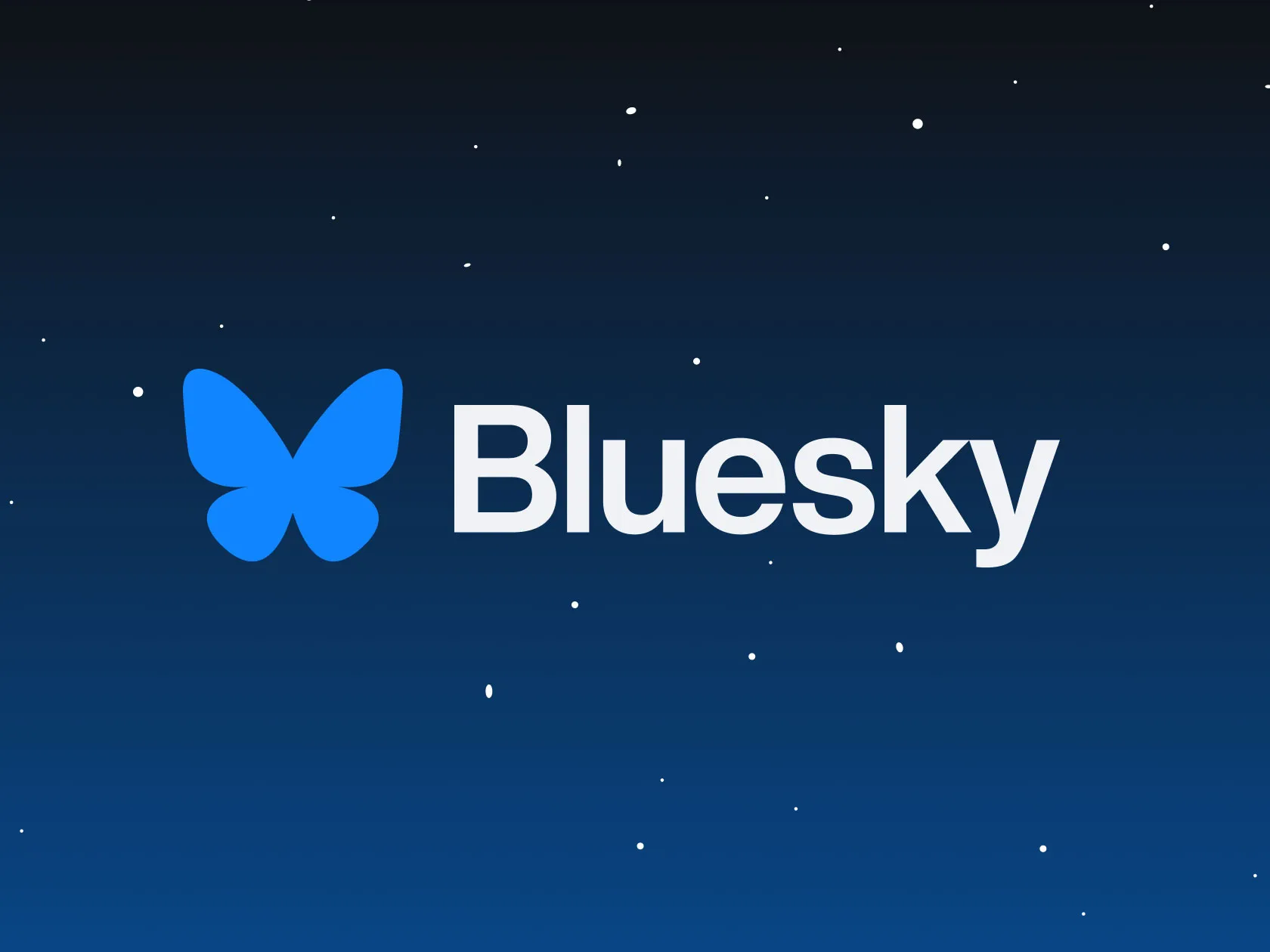November 14, 2024
In the wake of the recent U.S. presidential election, Elon Musk’s open support for President-elect Donald Trump on X, the platform formerly known as Twitter, has spurred a notable shift in the social media landscape. Many users are opting to leave X for Bluesky, a competing social media service that has experienced a significant increase in users since the election.
According to Emily Liu, a Bluesky spokesperson, the platform has welcomed over one million new users in the past week, with most joining from the United States, Canada, and the United Kingdom. “We’re seeing increased activity levels across all different forms of engagement,” Liu said in a statement on Tuesday. The recent surge brings Bluesky’s user base to 14.7 million, with many drawn to the platform as a respite from the increasingly divisive rhetoric and misinformation they associate with X.
Bluesky, launched in 2019 as a project led by Twitter founder Jack Dorsey, originally operated on an invitation-only basis but opened to the public in February. The platform initially gained traction among high-profile users in spring 2024, but its popularity has accelerated in the past week, with a significant influx of celebrities, Democratic political figures, and media personalities. Among the new or re-engaged users on Bluesky are rapper Flavor Flav, author John Green, Representative Alexandria Ocasio-Cortez, and media figures like Mehdi Hasan and Molly Jong-Fast. Billionaire and Kamala Harris supporter Mark Cuban posted a welcome message, stating, “Hello Less Hateful World.”
The migration has been driven, in part, by dissatisfaction with the tone and content seen on X since Musk’s acquisition in 2022. Shannon C. McGregor, an associate professor of journalism and media at the University of North Carolina, notes that many users now associate X with Musk’s support for Trump and are disillusioned with the platform’s trajectory. “You were getting this awful timeline of far-right, white supremacist, conspiracy theory posts — which the great majority of people don’t want to interact with on a daily basis,” Dr. McGregor said.
Bluesky has positioned itself as a more neutral, less politically involved alternative, even tweeting on X during election night that no Bluesky team members would be “sitting with a presidential candidate tonight and giving them direct access to control what you see online.” This message seemed aimed at Musk, who reportedly spent election night with Trump.
Bluesky’s established users have been actively helping newcomers adjust, posting “starter packs” and suggesting accounts based on interests or locations. For some, like John, a 45-year-old Minnesota resident and long-time “Star Trek” fan, Bluesky is reviving the positive social experience once associated with Twitter. “In the last week, it has felt more like what I used to like about Twitter,” said John, who has gained over 2,000 new followers since the election.
Although Bluesky’s 14.7 million users still trail behind Threads, Meta’s X competitor, which boasts 275 million active monthly users, the platform’s recent surge suggests a growing appetite for an alternative. Bluesky’s team continues to embrace this influx, hoping to maintain the platform’s appeal as a safe and welcoming space for users seeking a break from the intense political climate on X.
Sources:
• Liu, Emily. “Bluesky Sees Surge in New Users Post-Election.” Bluesky Communications, 2024.
• McGregor, Shannon C. “Interview on Social Media Trends.” University of North Carolina, Chapel Hill, 2024.
• “Meta Confirms Threads User Count Post-Election.” Meta Communications, 2024.

